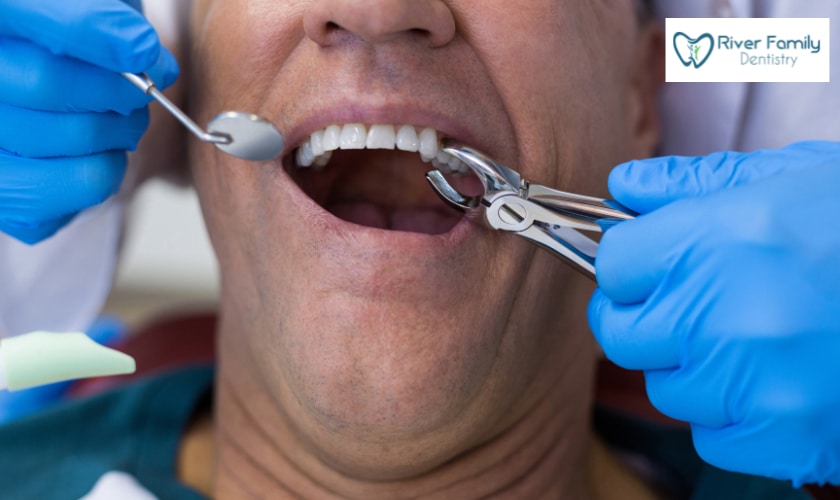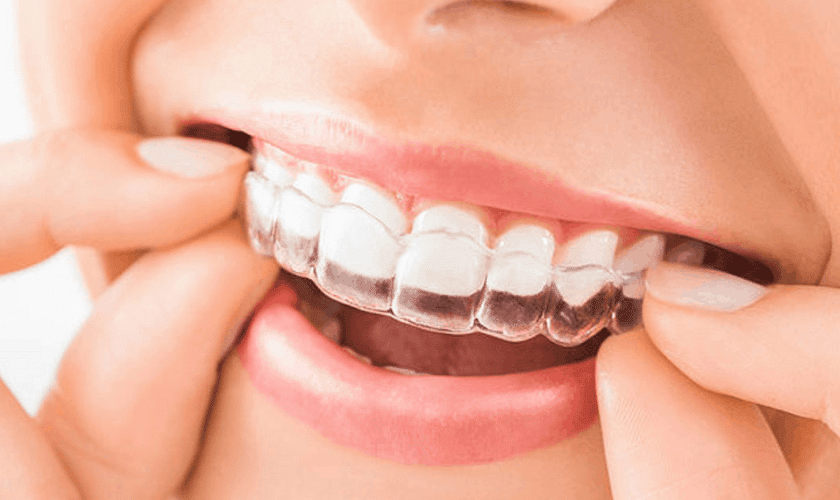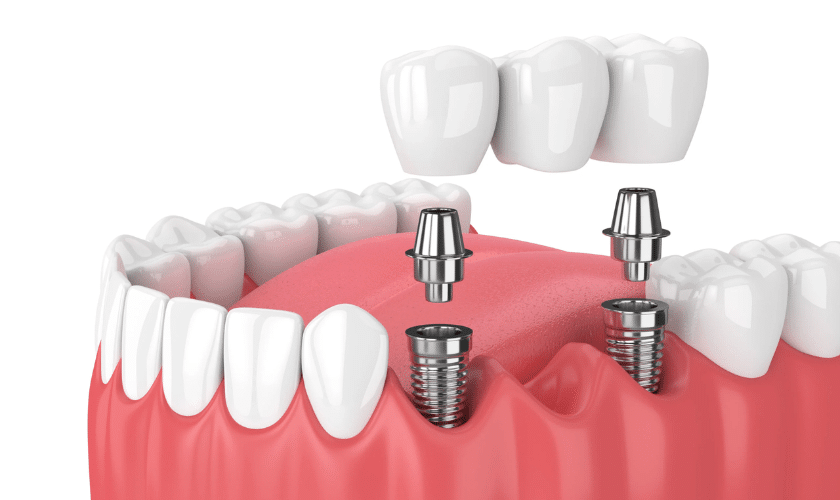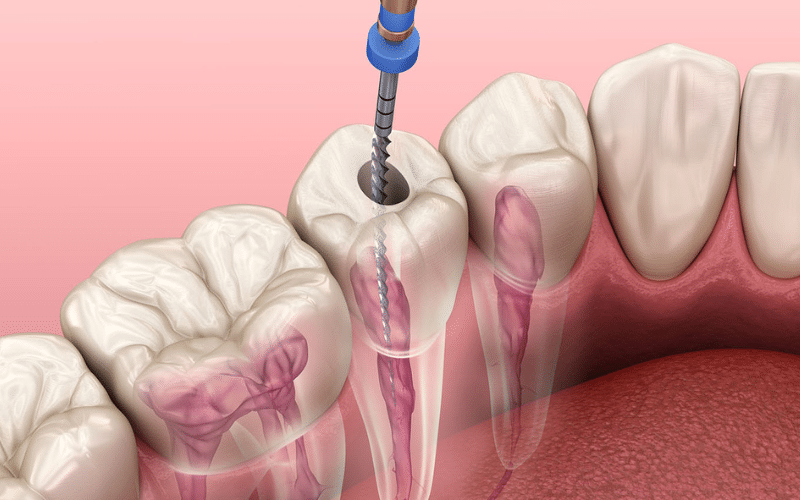
When it comes to our oral health, wisdom teeth are one of the main points of focus. they are an important part of the dental development process and can be a source of pain or discomfort if not managed properly. In some cases, treatment is necessary to preserve the mouth’s health, such as extracting impacted wisdom teeth or preserving them to maintain oral health. In this blog, we’ll discuss the importance of managing impacted wisdom teeth, and how extraction or preservation may be necessary in some cases.
What Are Impacted Wisdom Teeth?
Impacted wisdom teeth are those that have difficulty emerging from the gums due to a lack of space in the mouth. Impacted wisdom teeth can be a source of pain or discomfort and are at risk of infection or decay if they are unable to make it out of the gum line.
Why Are Impacted Wisdom Teeth an Issue?
If left untreated, impacted wisdom teeth can cause crowding, misalignment, and problems with the other teeth, as well as infection and decay. If the wisdom teeth are unable to grow properly, leading to cysts or tumors in the area, they can also cause damage to nearby teeth and bones.
Extraction vs. Preservation
When it comes to managing impacted wisdom teeth, there are two main options: extraction or preservation. Tooth extraction can be a more permanent solution, as the wisdom teeth are fully removed from the mouth, while preservation involves keeping them in place but monitoring them for any signs of infection or decay.
Benefits & Risks of Extraction
While having impacted wisdom teeth extracted is generally considered the most straightforward solution to the problem, it also carries risks and side effects. This includes potential swelling or bruising of the gums, as well as nerve damage or numbness if the extraction affects a nearby nerve.
Benefits & Risks of Preservation
Preservation is an option for those who do not wish to have their wisdom teeth extracted, or for those who are not good candidates for extraction due to risks such as nerve damage. However, it is important to note that preservation does not guarantee that the wisdom teeth will not cause problems in the future, and they will still need to be monitored for any signs of infection or decay.
Conclusion:
When it comes to managing impacted wisdom teeth, it is important to consider all options. While extraction may be the more permanent solution, there are potential risks and side effects associated with the procedure. On the other hand, the preservation of impacted wisdom teeth can also help maintain oral health if monitored properly. Ultimately, it is best to consult a dentist for advice on which option is best for you.
Frequently Asked Questions:
1. How do I know if I need to have my wisdom teeth extracted?
It is best to speak to your dentist about the potential risks and benefits of extraction versus preservation, as well as any other options that may be available to you.
2. What are the risks associated with extraction?
Potential risks and side effects of wisdom tooth extraction include swelling or bruising of the gums, as well as nerve damage or numbness if the extraction affects a nearby nerve.
3. What are the benefits of preservation?
Preservation is an option for those who do not wish to have their wisdom teeth extracted, or for those who are not good candidates for extraction due to risks such as nerve damage. It can also help maintain oral health if monitored properly.





